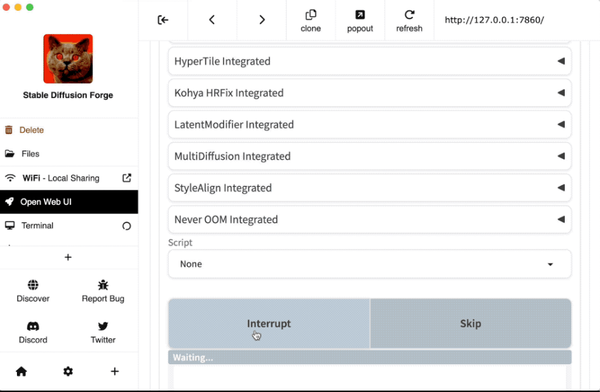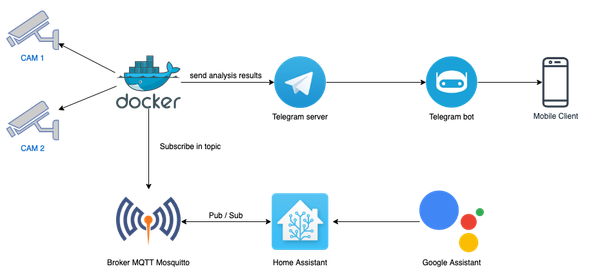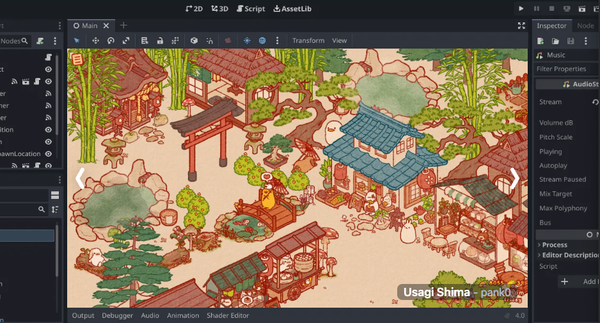The AI Competition Turned to a War: OpenAI vs. DeepSeek, Alibaba, and China’s Dominance in AI
Table of Content
The world of artificial intelligence is changing rapidly, with companies from across the globe stepping up to the plate, each vying for dominance in the next big leap in AI technology. OpenAI, once the undisputed leader in the AI space, is now finding itself under attack from all sides.
With competitors like DeepSeek, Alibaba, and Tencent moving fast, some serious questions are being raised about the future of AI innovation, data security, and the ethics behind the race to dominate the market.
OpenAI vs. DeepSeek: The Investigation Begins
Recently, OpenAI accused DeepSeek, a company that has rapidly become a key competitor, of copying its proprietary AI models. The accusations are more than just a corporate rivalry – they point to deeper issues of intellectual property, model theft, and the murky waters of AI development.
According to OpenAI’s statements, DeepSeek’s Janus Pro 7B model is strikingly similar to OpenAI’s models, leading to an investigation into whether DeepSeek improperly utilized OpenAI’s API to create its own model.
This accusation gained significant traction after a major leak of DeepSeek’s private logs, documents, and user chats. The breach, which exposed sensitive information, only intensified OpenAI’s suspicions. According to the leaks, it appears DeepSeek had been reverse-engineering OpenAI’s API, sparking fears of intellectual property theft.
This incident is not the first time such allegations have surfaced, as companies involved in the AI arms race often find themselves tangled in claims of copying and plagiarism. DeepSeek's database leak has made matters worse, raising serious concerns about the transparency and security of the company’s operations.
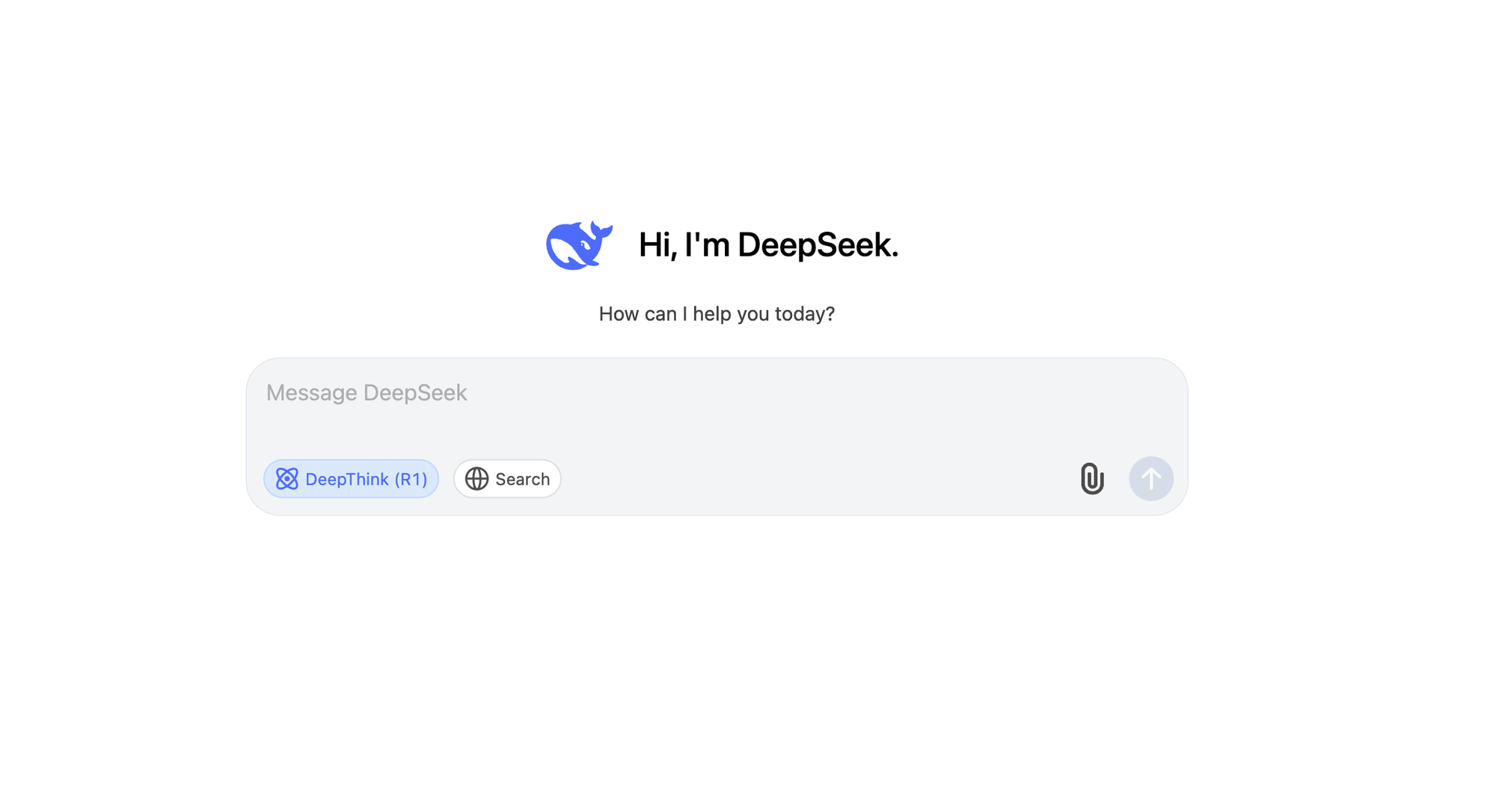
Alibaba’s New AI Model: Qwen 2.5 Max
As the AI war rages on, Alibaba, a company that has long been in the shadow of the US tech giants, has entered the ring with its new model, Qwen 2.5 Max. The model promises a significant leap forward in AI capabilities, presenting itself as a direct competitor to the likes of OpenAI’s GPT and DeepSeek’s Janus Pro.
Alibaba has already demonstrated impressive results in several AI domains, and its recent Qwen 2.5 Max release puts the company in direct competition with some of the biggest names in the industry.
In a detailed comparison between Qwen 2.5 Max and DeepSeek’s Janus Pro, Alibaba’s Qwen appears to be more polished and capable in specific areas, such as language processing and conversational abilities.
The competition between these two models is fierce, as both companies push the envelope in AI capabilities while also trying to outdo one another in terms of data security and innovation.
Tencent’s Hunyuan 3D: Changing the Game
In addition to Alibaba’s advancements, Tencent has also unveiled a groundbreaking AI model: Hunyuan 3D. This model focuses on generating high-quality 3D meshes quickly and easily, an area of significant interest for industries such as gaming, virtual reality, and design.
Tencent’s Hunyuan 3D promises to revolutionize the speed at which developers can create 3D assets, making it an attractive tool for anyone looking to build 3D models without spending hours on the task.
The rapid advancement of these AI technologies has left the West scrambling to keep up. With China’s Tencent, Alibaba, and other AI-focused companies releasing cutting-edge models at an unprecedented pace, the question arises: is China about to surpass the US in AI development?
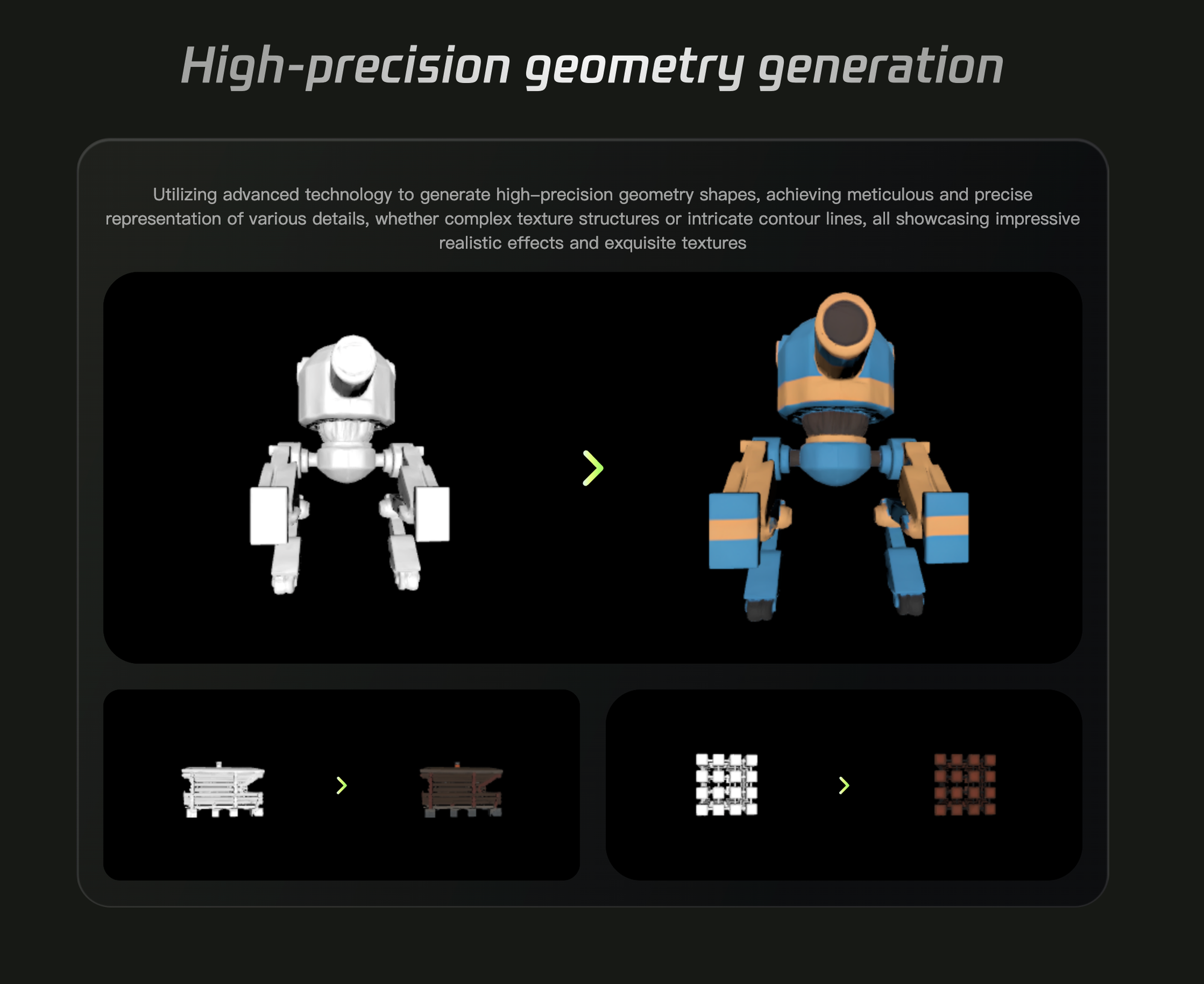
The AI War: China’s Victory?
Looking at the overall trajectory, it seems that China is making a significant push in the AI space. China’s lead in AI could be a serious challenge to the dominance of companies like OpenAI, especially considering the rapid pace at which Chinese companies are releasing innovative models.
The sheer scale of China’s investment in AI research and development is mind-boggling, and it’s clear that Chinese companies like Alibaba, Tencent, and DeepSeek are determined to take on the established players.
What does this mean for the global AI landscape? As Chinese companies rise, OpenAI is facing an increasingly crowded field, one in which its dominance is far from guaranteed.
The investigation into DeepSeek’s possible misuse of OpenAI models is just one chapter in what is shaping up to be a much larger battle for control of AI technology.
It is not over yet!
Lets get Serious for the Future of AI
As the AI wars intensify, a few important questions need to be addressed:
- Will the intellectual property landscape hold up as companies increasingly develop similar AI models? With so many companies using similar datasets and technologies, how will IP laws evolve to handle these complex cases?
- How secure is user data in these AI systems? With DeepSeek’s leak exposing private information, it’s becoming clear that data security in AI models is a serious concern. Can companies be trusted to protect user data as they race to develop new technologies?
- Is China’s dominance in AI inevitable? With such rapid advancements coming from Chinese companies, is the West losing its edge in the AI arms race? And if so, what does that mean for global innovation and competition?
- What role will ethics play in the development of AI? As companies strive for dominance, how will ethical considerations be addressed? Who will ensure that AI is developed and used in a way that benefits society and not just the corporations driving it forward?
The AI competition is no longer just a technological battle; it’s quickly becoming a geopolitical issue. With accusations of theft, leaks, and corporate rivalries at play, the question is no longer about who has the best technology – but about who will control the future of AI.
As we watch the AI war unfold, one thing is clear: the stakes have never been higher.
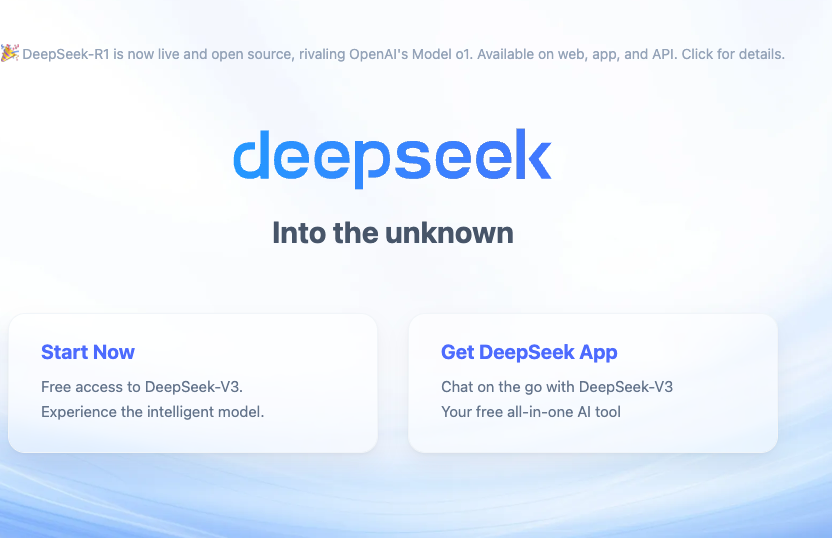
Final Note
By drawing on the perspectives of OpenAI’s accusations, DeepSeek’s leaks, and the rapid advancements from Alibaba and Tencent, we are left to wonder: How will this AI competition shape the future of tech, and what will it mean for consumers, businesses, and even governments?










